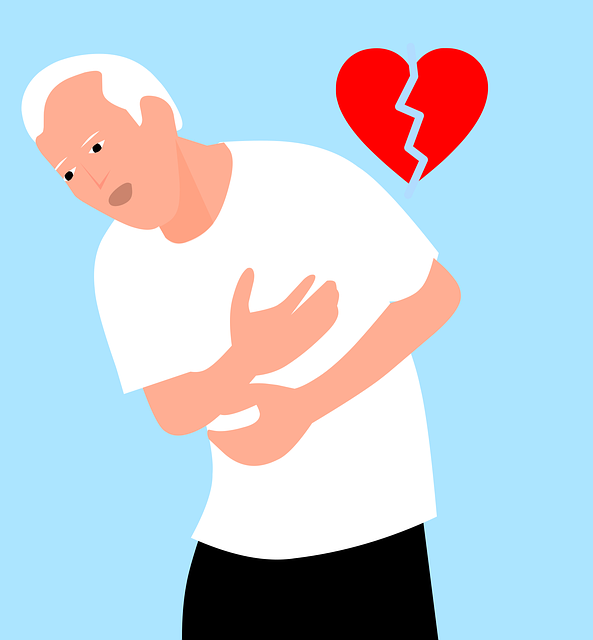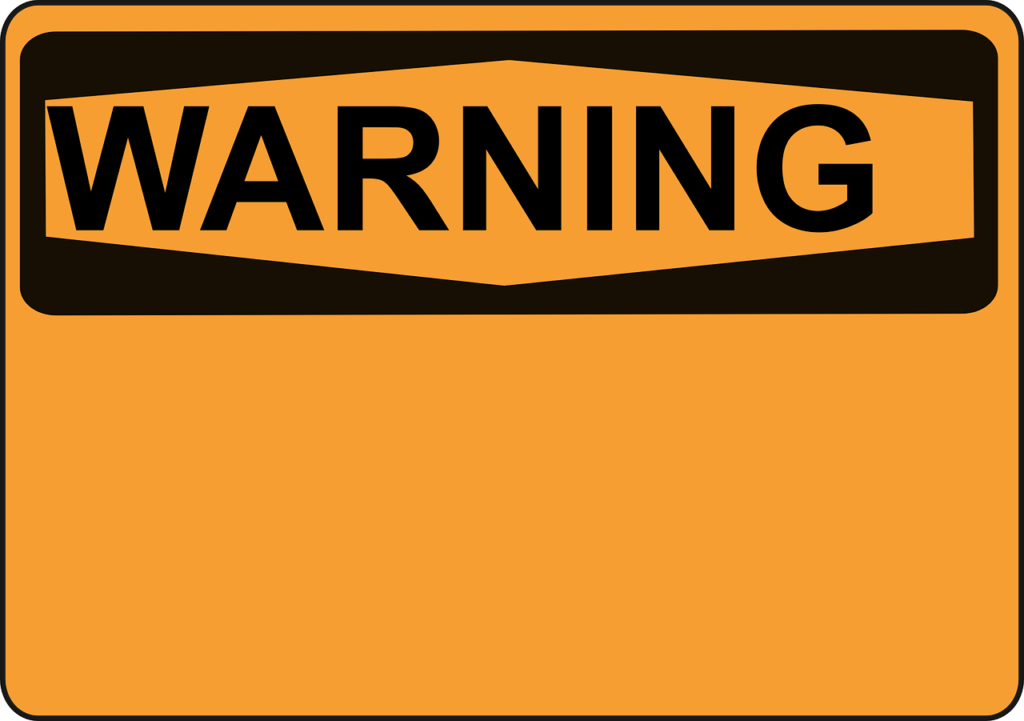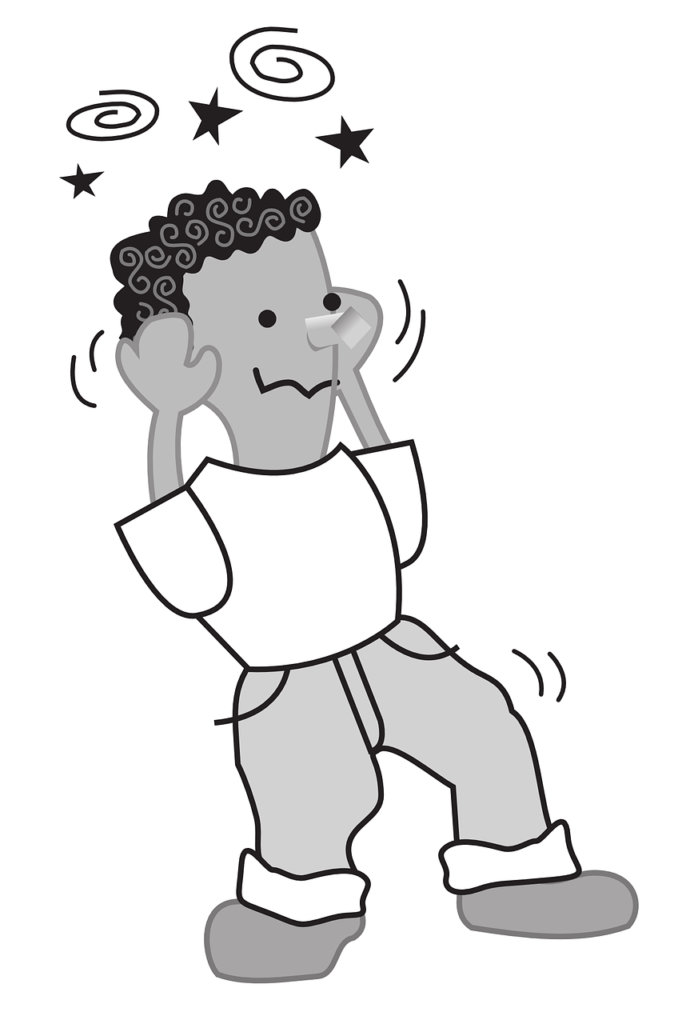Introduction
Health Warning Signs You Should Not Ignore. I do not know if you have realized this, but the human body has its own set of warning signs. We call these signs symptoms. I am sure you are familiar with some of them; headaches, joint pain, neck pain, back pain, fatigue, persistent cough, chronic constipation, chronic diarrhea, difficult painful or too frequent urination, a lump in the breast tissue. At times, it becomes difficult to function from day to day when having to deal with these warning signs.
But yet in still we continue to ignore them. I can’t tell you if it is because of busy schedules, fear of the unknown, or outright denial, but regardless of the reason, symptoms and warning signs should not be ignored. Your health should come first, if not for you, for all those that depend on you for love and support. So, if you are one who constantly ignores all the warning signs around, STOP IT, before it becomes too late.
Tearing sensation
Health Warning Signs You Should Not Ignore. If you feel a tearing sensation in your back, you may think you’ve pulled a muscle. But if you haven’t done any physical activity to cause a muscle injury, this sensation might be much more serious. It could be a rupture of the aorta. An aorta rupture can give the sensation of sudden, severe, stabbing pain in the back. If this type of pain persists for more than 20 minutes and it’s accompanied by nausea, seek immediate medical attention.
Crushing chest pain

Health Warning Signs You Should Not Ignore. One of the more well-known warning signs is crushing chest pain, which is usually associated with a heart attack. Other heart-woe indicators are tightness, heavy pressure or squeezing in the chest. The pain may also travel to the arm, shoulder, jaw or back.
Even if it’s not from a heart attack, you should not ignore chest pain. Crushing chest pain with nausea, vomiting and sweating is dangerous, so call an ambulance right away.
Tingling in the arms or other extremities
Health Warning Signs You Should Not Ignore. A tingling sensation in your hands, arms, legs or feet is not only uncomfortable but also a cause for concern. So, tingling is easy to ignore, but it is a sign from the body of illness.
Tingling is related to circulation problems and diseases such as anemia, diabetes, multiple sclerosis and Buerger’s disease — a condition of the arteries and veins. Also, tingling in the feet may be a sign of kidney issues.
If tingling is your only symptom, you can wait to see your regular doctor to investigate. But a tingling sensation that lasts for more than an hour and is accompanied by other symptoms like dizziness and nausea requires immediate medical help.
Dizziness
Health Warning Signs You Should Not Ignore. Any, dizziness or light headedness can be caused by disturbances in the brain, the gastrointestinal system, vision or the inner ear. Dizziness is one of the most common symptoms that cause people to seek medical attention.
If you feel dizzy for more than an hour and develop other symptoms, such as nausea and vomiting, seek medical attention. However, dizziness is also related to several other health issues, including high blood pressure, low blood pressure, diabetes, thyroid disease, anemia, dehydration and heart conditions.
Excessive Sweating
Health Warning Signs You Should Not Ignore. Excessive sweating may be caused by a variety of factors, including hot flashes, exercise, stress, excess weight or even spicy food. Heavy sweating may also be a sign of thyroid problems, diabetes or heart issues.
If you are sweating more than usual, you don’t need to call an ambulance, but you should consult a physician to rule out a serious underlying medical condition.
Numbness
Numbness in the face, arms or legs can be a very serious signal, especially if the feeling is on one side of the body, as this could indicate a stroke. This symptom may be accompanied by sudden confusion, difficulty speaking or understanding, as well as blurred vision.
Numbness is also associated with several other illnesses, including Lyme disease, Guillain-Barre syndrome and diabetes, and a herniated disk. No matter what the cause, numbness should always be investigated, and if it is accompanied by other symptoms of a stroke, call an ambulance immediately.
Any Swelling
Swelling is usually due to inflammation or a build-up of fluid and may result from a range of conditions. The most common reason for swollen feet or ankles is poor circulation. In older people, it could mean their blood vessels are weakening. It could also be an indication of a blood clot blocking the veins.
One of the more serious conditions associated with swelling is edema, which happens when an abnormal amount of fluid builds up in the body. Edema can damage the heart, make you feel weak when walking and cause swollen ankles.
Always investigate the cause of any type of swelling. And if you experience swollen ankles, make an appointment with your doctor right away.
Immediate Medical Care
When serious health symptoms occur, an ambulance is the quickest way to receive immediate attention. Emergency medical technicians can provide immediate care at the scene and in the ambulance. If you drive yourself or someone else to the hospital, there will be an emergency room wait and precious time may be lost.
Blood Clots
“The word ‘clot’ can be confusing.” In the most common cases there isn’t a blockage, but rather “bleeding outside the blood vessels.” The danger is that the clots can put pressure on the brain, causing problems from disorientation to, in severe cases, coma or death. In most cases a subdural hematoma, is diagnosed after a patient shows some of the typical symptoms. These include headaches, seizures, confusion, weakness involving one side of the body, and problems with speech. A stroke — a blood flow blockage within the brain that begins to kill brain cells — can cause similar symptoms. But not all clots lead to stroke.
The older we get, the higher the risk for a hematoma, because our brains shrink with time. This causes the veins that bridge the brain to the skull to be more susceptible to tearing. The most minimal trauma can lead to a tear, he adds, “even a shaking of the head without actually hitting the head. So a minor fall could cause it.” In younger people it is typically caused by severe head injuries.
Anyone at risk should see a doctor immediately if symptoms appear. Hence, doctors advise people to take extra care to avoid falls. And to make sure a doctor is carefully monitoring the dosage if they are taking blood thinners.
In Conclusion
Many people especially older adults often ignore early warning signs that their body needs help. These signs if you get then are there for you to react to in order to deal with it before it becomes a more serious problem. Never ignore warning signs get them checked by your doctor to ensure you get timely treatment, some medical problems cannot be fixed or treated if left too long. Your health is your priority
Important Note *
Remember that everyone is different, and it is ultimately YOUR RESPONSIBILITY to find what your body responds to. So please do your due diligence before trying anything new, including getting Medical Advice to ensure your safety and peace of mind.
Connect with me and leave a comment or two on my social media.






